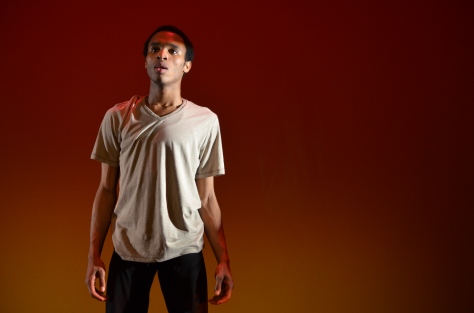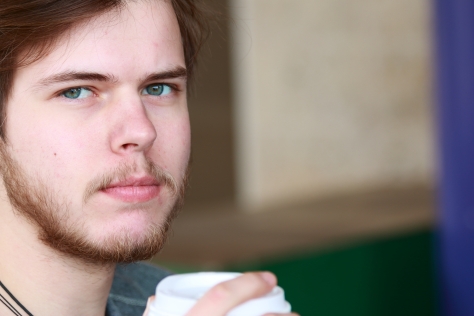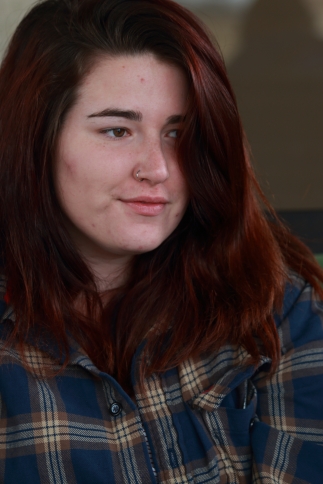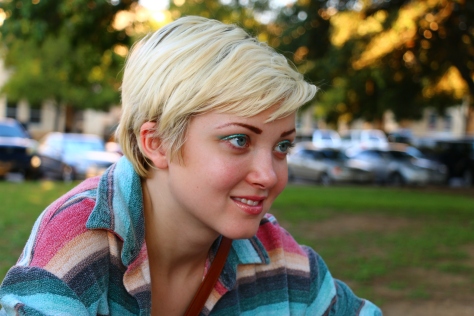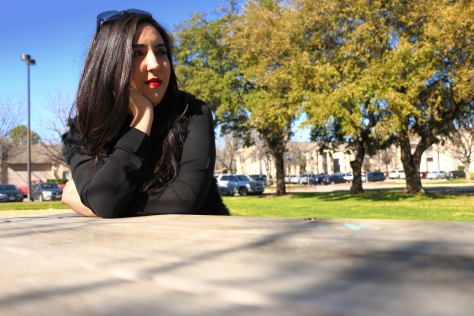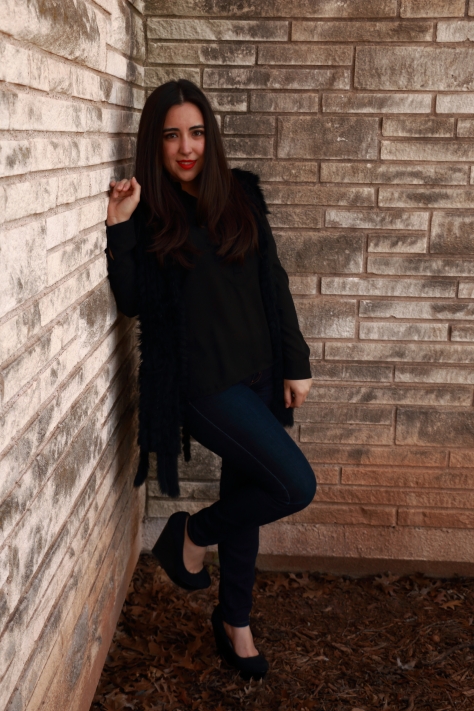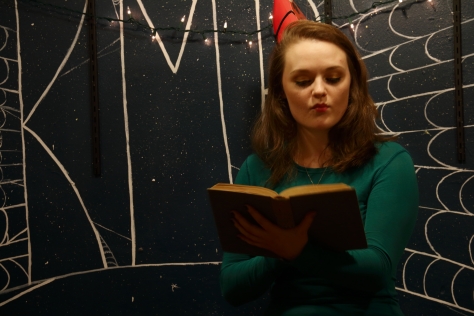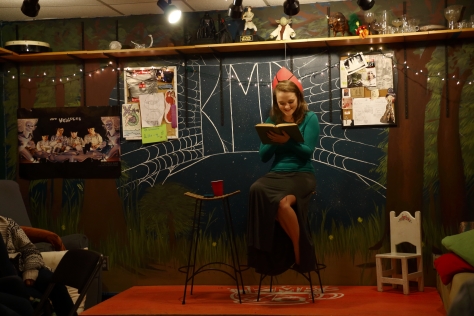Huey P. Newton and Bobby Seale founded the Black Panther Party for Self Defense in 1966. Like many others, the Civil Rights Movement – more specifically the death of Martin Luther King Jr. – ignited them into action. While riots broke out in major United State cities, Newton and Seale poured over a document, the Platform and Program of what they want and what they believe, which served as the foundation of the Black Panther Party. Both men were active in Black Politics in college and both became involved with a group called RAM (Revolutionary Action Movement. The Black Panther Party became the largest Black Revolutionary organization to ever exist: they were the high point of the Civil Rights Movement with 5,000 full-time members who were either unemployed or were willing to give up their jobs.
Women, making up 70% of the party at one point, held vastly different roles than those of the men: who occupied all the leading positions. The Party confined women to secretarial, administrative, childcare, and other traditional roles, while men developed political ideas, spoke, and held leadership roles. Despite many attempts, the Party never achieved gender equality.
According to the Black Panthers, the exploitative capitalist system had deep roots of economic and political racism; therefore, in order to reach Black liberation a revolutionary movement to overthrow the entire power structure must occur. The Black Panthers recognized that a small class held all the economic and political power and that they used that power to exploit the majority. The devastating fiscal reality of Blacks; 32% living under the poverty line, 71% of the poor living in metropolitan areas, and 2/3 living in the ghetto – confirmed this theory.
While Seale branded the white man as the oppressor, he did distinguish between racist whites and non-racist whites and he brought that philosophy to the Panthers. He also claimed the Panthers differed from cultural nationalists because the Panthers – while believing in Black nationalism and Black culture – did not believe either of those things would lead to Black liberations, thus rendering them ineffective.
Instead, he advocated for taking up arms for self-defense against police brutality and giving back to their community in a number of ways including free breakfast for children, health clinics, and shoes for children. According to Seale, to fight racism with solidarity; to fight capitalism with basic socialism; to fight imperialism with proletarian internationalism should serve as the Party’s guiding philosophy.
The development of the Civil Rights Movement directly promoted the formation of the Black Panther Party. The movement, largely based in the south, centered itself around demands of desegregation: particularly of busses, schools, waiting rooms and lunch counters.
Considering the police, local white mobs, and the KKK, civil rights protestors constantly faced the threat of attack or of being killed. Despite this reality protestors stuck to their philosophy of civil disobedience and passive resistance, as MLK demanded. Though, while tensions and violence against the Civil Rights Movement increased the Black Panther Party picked up the ideology of Malcolm X, who called for a more revolutionary philosophy and a militant stand.
As violence against them surged, the Panthers leaned further into Malcolm X’s philosophy of self-defense by means of patrolling the police. With police brutality becoming more severe against Blacks, Huey learned the laws and could cite his right to observe a police officer carrying out his duty as long as a reasonable distance was maintained and could cite the court cases that defined what that distance was. The Panthers actions of self-defense inspired and empowered many. People found security in watching Black brothers and sisters protecting themselves and their interests.
In October 1966, the Black Panther party released their Platform and Program of what they want and what they believe. Many of their demands were simple: such as decent shelter fit for human beings, land, bread, education, clothing, justice and peace. They desired the power to determine the destiny of the Black Community and for power to return to the Black Community to organize, employ, and provide a high standard of living for its people. They wanted accurate education as the saw education as an opportunity to teach Blacks their true history and role in present day society. They felt that without that knowledge of themselves and their position in society and in the world they had no hope to identify with anything else.
Some of their more vital demands were to end police brutality and the murder of blacks by racist cops. They hoped to achieve this by organizing Black self-defense groups dedicated to defending the Black communities from racist policing, oppression and brutality. They also demanded to be tried before their peers – a person from a similar economic, social, religious, geographical and racial background – in court, rather than by just the white man.
With their Platform and Program of what they want and what they believe drafted and finalized, the Panthers felt ready to officialize themselves as an organization. On Jan 1, 1967, with the month’s paychecks of Seale, Newton and Bobby Hutton – their first member who police shot in the head and killed in the Spring of 1968 – rented out an old shop, and transformed it into an office, or their base for operations. Purposefully based in the community, working with the people, and for the people, the Party began to grow.
Relating to people’s needs served as a huge factor of the Black Panther Party. Seale reiterated the Party’s goal to change the existing system for a better system through revolutionary programs rather than just reform. Unfortunately, the success of the Black Panthers earned them the attention of the FBI and put them under fire from the American state. The FBI’s and J. Edgar Hoover’s COINTELPRO (Counter Intelligence Program) intensified against them: Party offices raided and burnt out food provisions. In addition, police, the KKK, and white mobs killed twenty-five Panther members in 1969 alone. Their work was disrupted, their finances drained, and their party was infiltrated – all done by the FBI.
Today the Black community is still hurting. The Black Panthers Platform and Program of what they wanted and what they believe has still been unable to come to full fruition.


